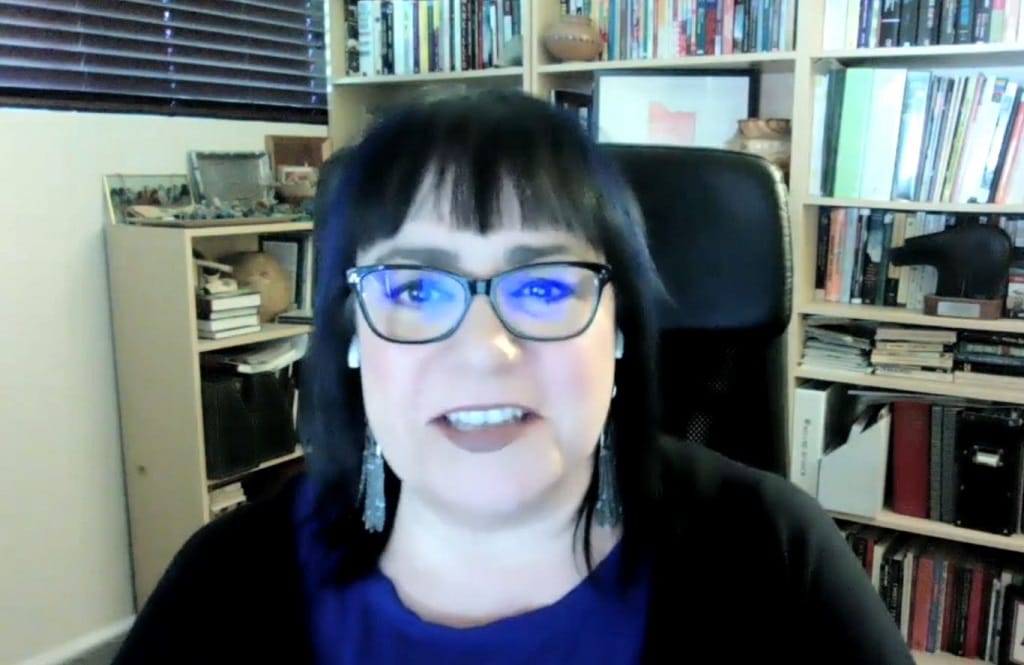Native Americans Need Control Over Mapping Data, Conference Hears
Indigenous connectivity advocates said Native Americans should have control over their mapping data.
Justin Perkins

October 18, 2021––Advocates for greater broadband access in Native American lands discussed the need for greater control over broadband mapping to address broadband challenges amongst Native American populations.
Traci Morris and H. Rose Trostle from the American Indian Policy Institute said Wednesday at the Indigenous Connectivity Summit that there is now an intense focus on “broadband inequality and digital equity” as it relates to Tribal nations.
Morris and Trostle’s indigenous-led office at Arizona State University analyzes policy recommendations on key issues in Indian country, and they’re working on a paper that would overview Indian country in the U.S., federal broadband maps, and a consideration of indigenous “data sovereignty”––the argument that native lands should have more control over their data mapping to improve broadband mapping in tribal lands.
The mapping undertaking is particularly important to Trostle. “Indigenous peoples have a long tradition of mapping,” they said. “This needs to be recognized when considering how we can improve modern maps of key services, including electricity, water, and broadband.”
Trostle underscored the gap in adequate broadband mapping between tribal lands and the rest of the United States. “Indian country is the canary in the coal mine of broadband mapping,” Trostle said. “Federal data has problems for not just tribal lands, but also non-tribal rural and urban areas.” In Trostle’s view, part of the problem is “a lack of people that understand broadband or tribal lands.” Trostle said their office’s study on the inadequacy of broadband mapping on tribal lands would be available “within the next year.”
The Indigenous Connectivity Summit also featured a discussion about indigenous data sovereignty.
Jeff Doctor, impact strategist at Animikii Indigenous Tech, argued that the native American individual’s connection with their larger collective cultural group makes their data more personal in nature and should be better protected.
In tribal lands, political belonging has an influence on their community and culture and “has a part in how we think of collective rights,” he said. Doctor described how native American lands have been disadvantaged by the U.S. government.
“When you look at how colonialism operates, it’s very extractive” he said. He urged summit attendees to think about how to build rights-based technology. He suggested taking a community-centralized approach to data rights and molding tech data policy around universal human rights.
The fifth annual Indigenous Connectivity Summit held virtual sessions from October 12 to October 15, 2021. They met each year to discuss how Tribal nations can have affordable, quality, and sustainable internet access, and talk about how connectivity supports social and economic development.









Member discussion